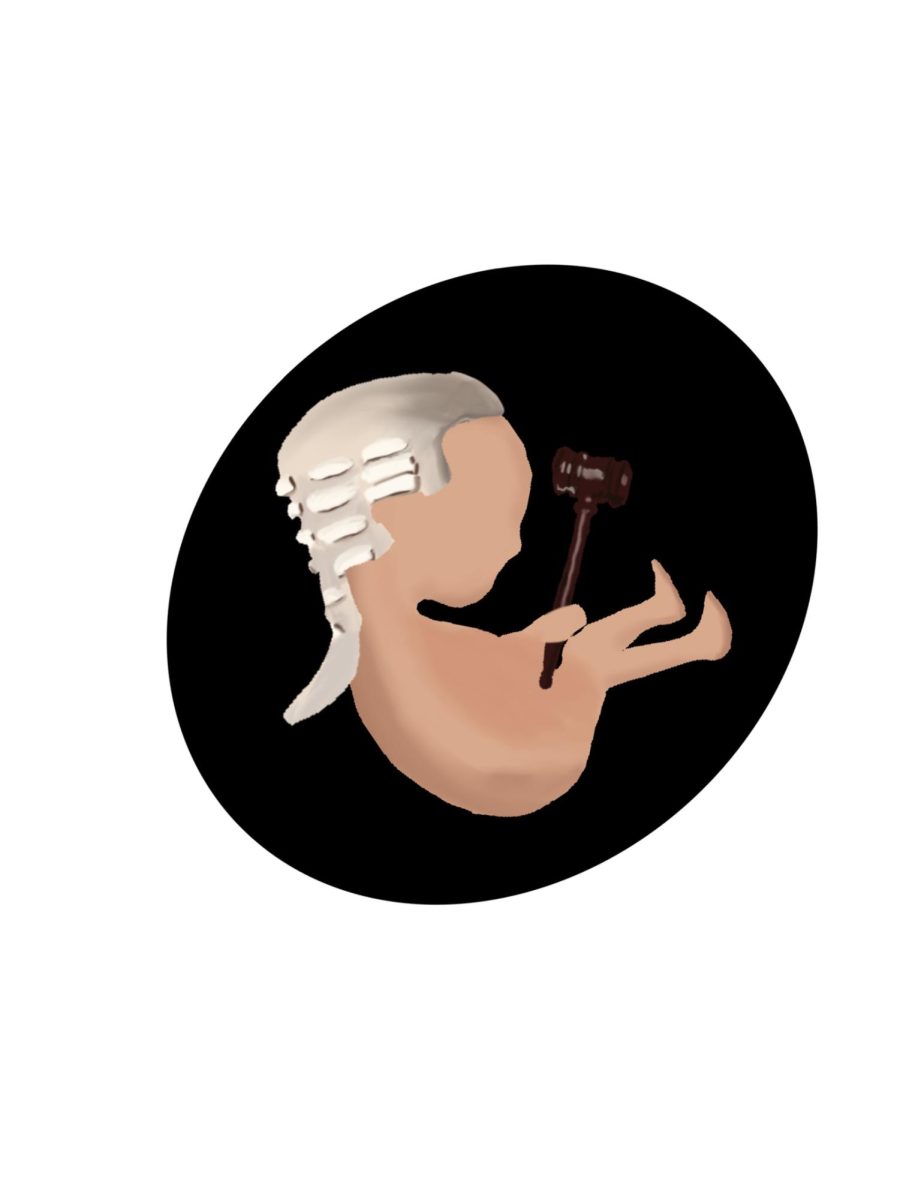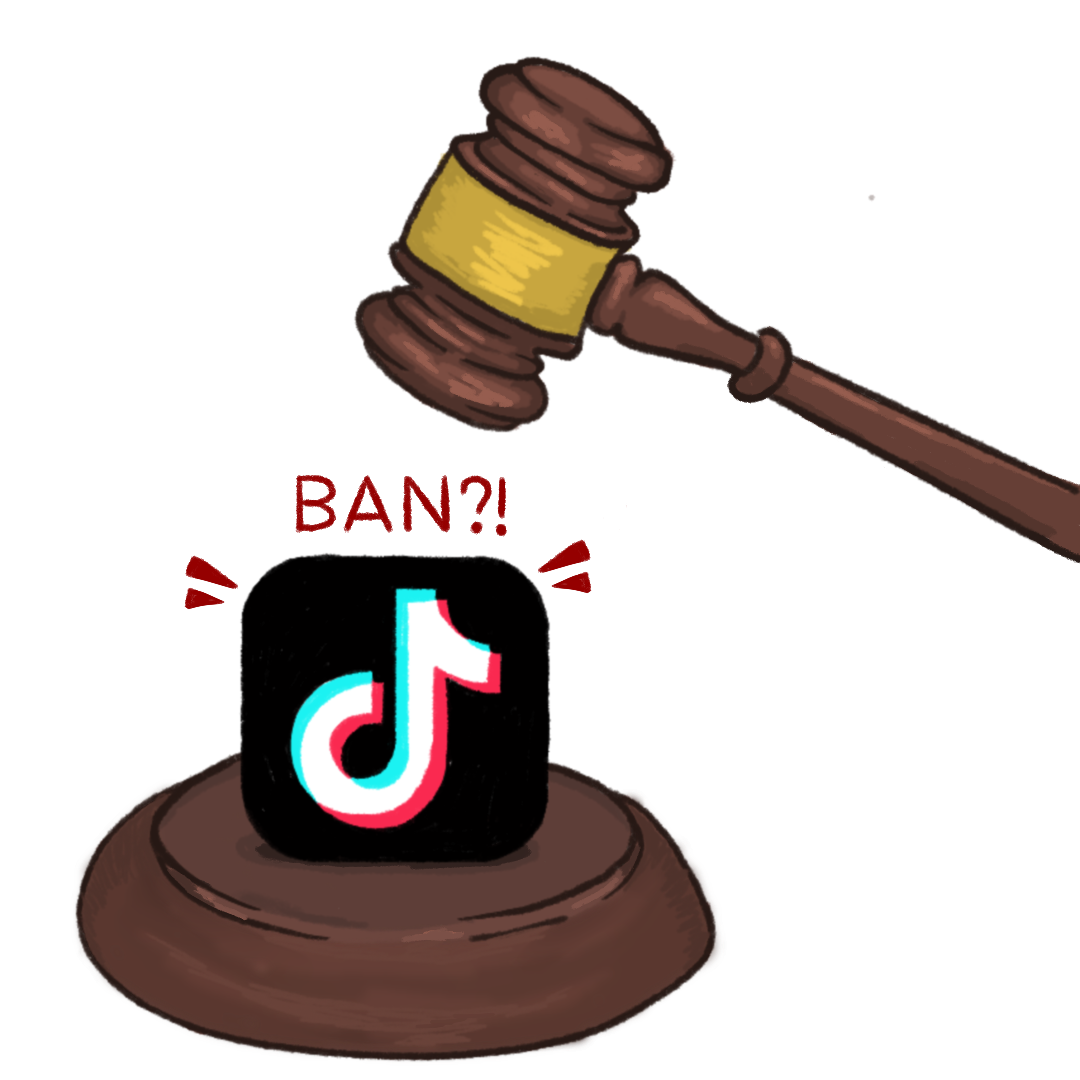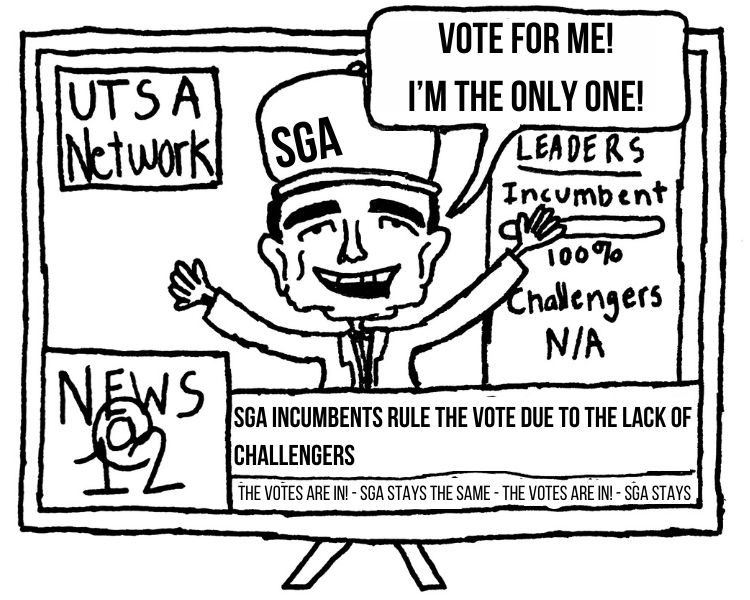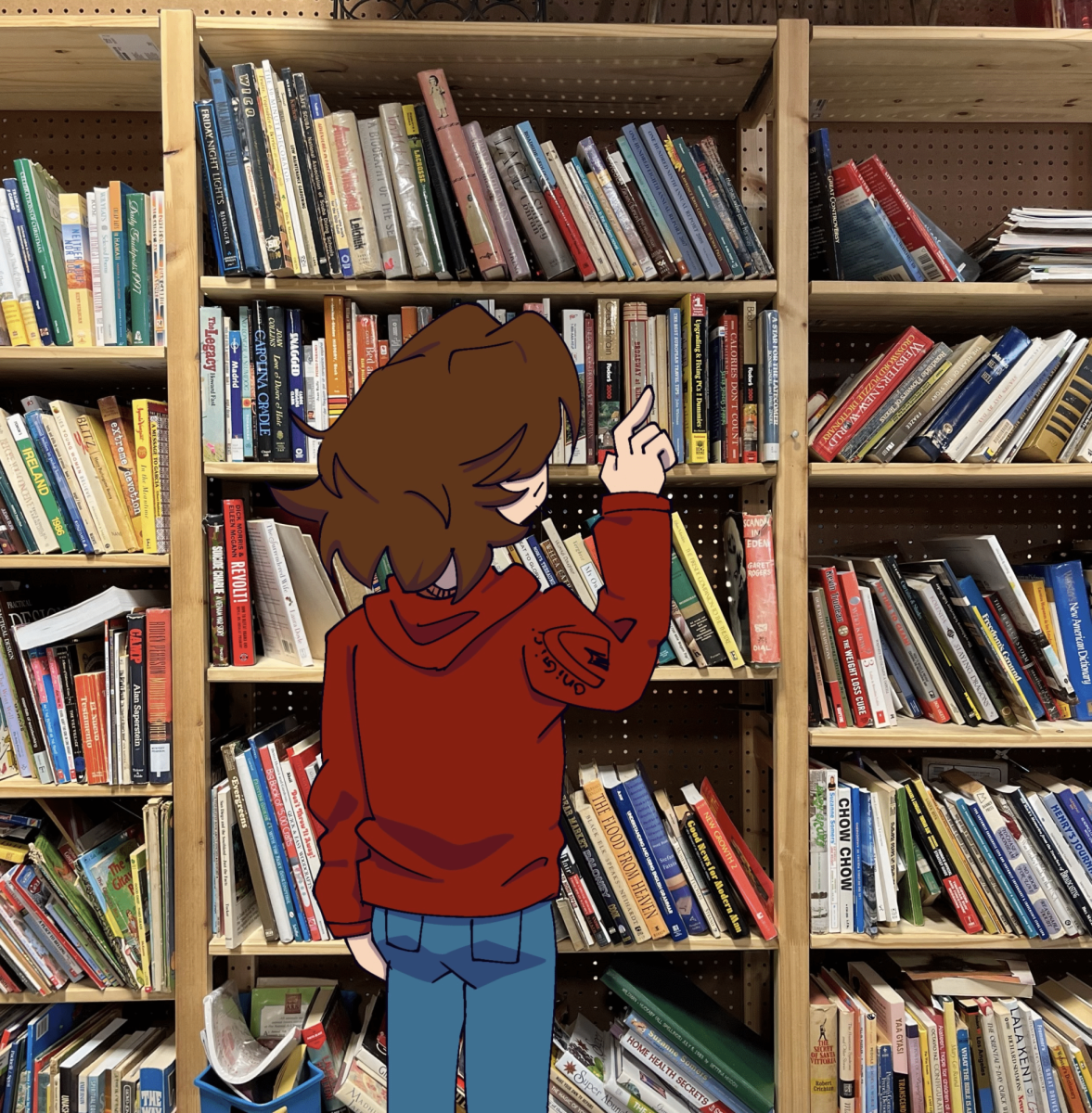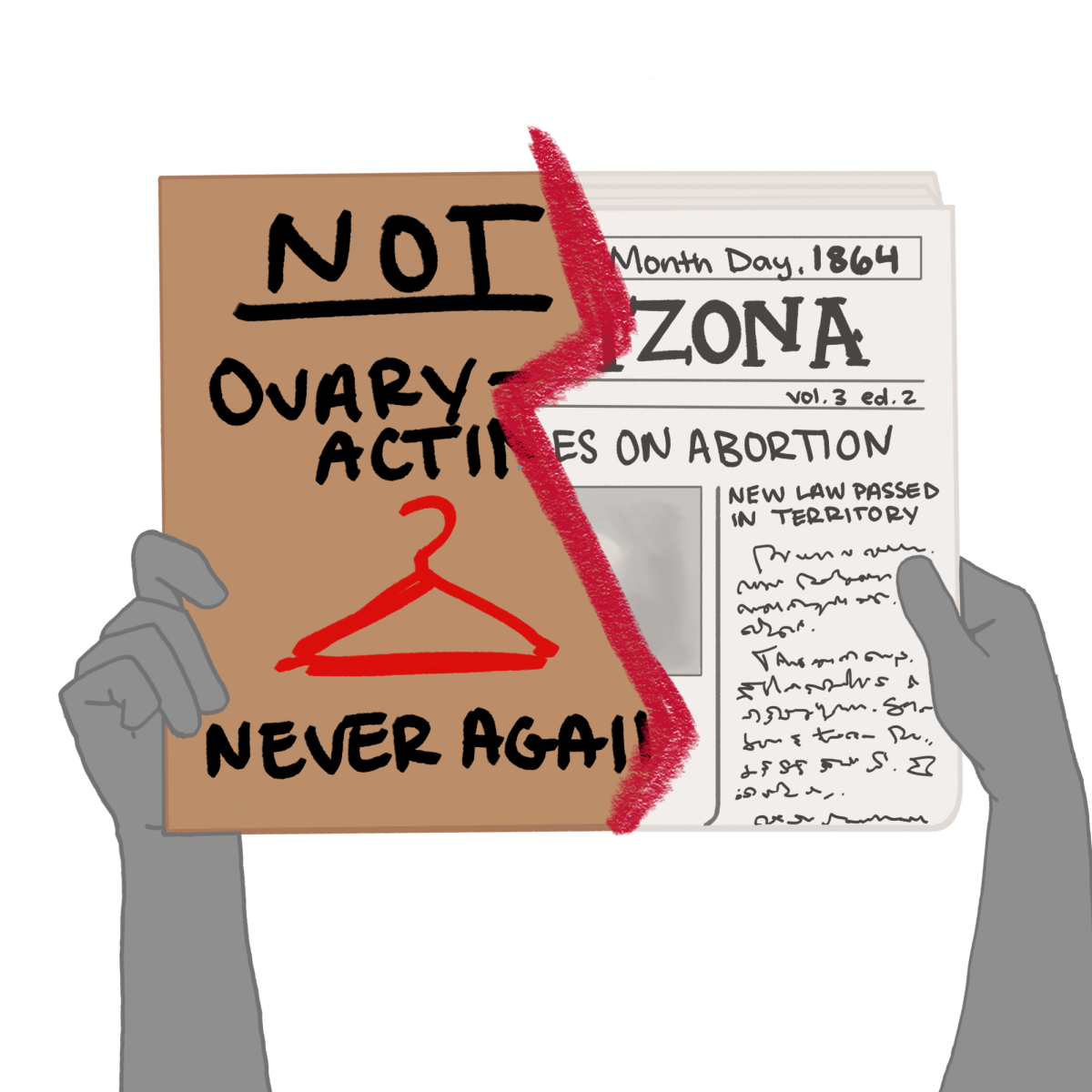When proto-feminist English writer Mary Wollstonecraft declared, “I am then going to be the first of a new genus,” she certainly could not have foreseen the likes of Harriet Tubman, Phyllis Schlafly, or even Miley Cyrus as the descendants of her work.
Most famous for The Vindication of the Rights of Woman (1792), Wollstonecraft championed for women and men to recognize that women need not be confined to “frivolous behavior” and the domestic sphere. That rather than being silent and submissive, women were capable of independent thought, assertive action and agency.
Though Schlafly would become the face of opposition to the Equal Rights Amendment and Feminism in the 1970s, she still exercised vocal political activism, which Wollstonecraft had fought hard for women to use. They’re on opposite sides of the spectrum, but at least they share the spectrum.
So what would Wollstonecraft, an English polemical writer intellectually stimulated by the French Revolution, say about Hillary Rodham Clinton? Where do these women intersect?
“The most important question or test for Wollstonecraft would be what Hillary represents about women’s capabilities,” says UTSA English Lecturer Maggie Nerio. “Wollstonecraft’s polemical writings endorse or champion this robust masculinity. Hillary Clinton—with her fabulous mind and everything she’s endured—is a powerful testament to Wollstonecraft’s labors. She’s stoical; she’s not enslaved to fashion; she’s a powerful role model for young women.”
Hillary Clinton has certainly inserted herself into what many consider a man’s world: the political sphere. In her 30+ years of public service, she has been mired in sexist smear campaigns and slander rooted in the ugliest facet of our American identity.
In early August, The National Memo released a scathing three-minute video compilation of clips from 40 years of media interviews with Hillary Clinton. Curtains, fashion and tea—all things associated with the antiquated notion of what a woman ought to be interested in—have been used as stereotypical standards by which Hillary has been judged in the media, and thus in American society.
For 40 years, Hillary Clinton has dealt with the conflation of trustworthy and opinionated, which resulted in a calculated skepticism used against her. For 40 years, she has dealt with a recurring slap in the face and a reminder that despite all the contributions and progress women have made, we still have so far to go.
And yet, it seems she handles all of this nonsense with a degree of stoic grace.
Said Nerio: “This is a moment in our history where we need to pay attention to women’s voices. You can trace that back historically, beginning with Wollstonecraft,” who felt women could bring a moderate sensibility to male-dominated areas, specifically political discourse.
“(She) championed rationality, championed restraint,” said Nerio. “We need to temper public rationality with kindness and sympathy. And that’s why women’s literary history is so important in terms of our political climate.”
And this, dear readers, is the real point of the polemic you’re reading. Wollstonecraft believed in the power of the written word, and she used her pen as a sword to champion revolutionary political change.
She knew that literacy and the education of women could act as kindling to help ideas spread, burning between hearts. Like so many other artists and philosophers, she recognized the way these disciplines, which we now refer to as the humanities and the liberal arts, impact the way we perceive the world and process its waves of change.
“You want citizens who are reflective, philosophical, who can see things outside their own very limited point of view,” said Nerio. “What the humanities foster is an education in sympathy. Sympathy for the plight of other lives. That’s unique.
“Literature gives you that unique capacity to have vicarious experiences, and to cultivate sympathy. And this shapes sympathetic, democratic citizens.”
This column hopes to discuss how the liberal arts act as a lens to interpret current events, politics and policy. Threads of history are woven into the quagmires of our daily lives. Like morning mist, this column will attempt to make that context visible—to show how the humanities are essential for understanding humanity.









